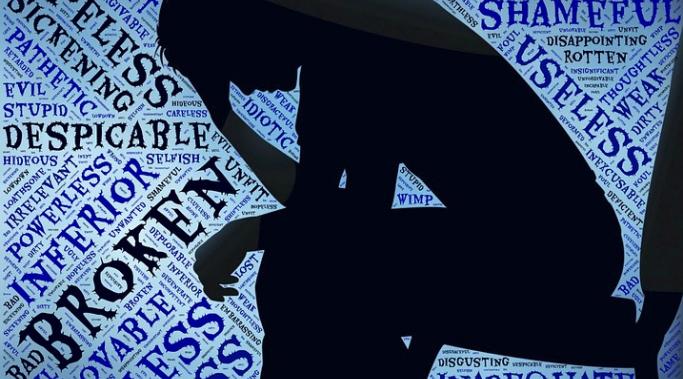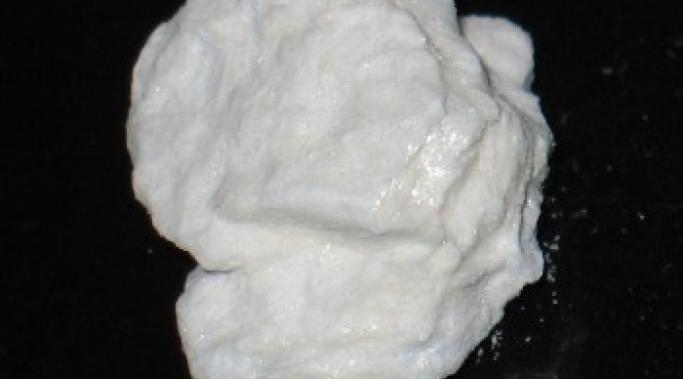Blogs
When our eating pattern and eating disorder are exposed, there’s a connotation that something is broken, unsettled, or disordered. Disorder is a term that swims in a level of metaphorical darkness. No one wants to admit that they have a disorder.
It’s much easier to say that we have strange eating patterns, or that we exercise intensely. No matter what level our eating, body image, or exercise patterns lie, if they’re causing us stress in any part of our lives, then they’ve become a problem. So the exposure of our eating patterns and eating disorder can be a good thing.
Reducing the stigma of posttraumatic stress disorder (PTSD) is something that we all can, and should, help in doing. If you are reading this post, then it's probably because you, or someone close to you, suffers from PTSD or some other type of mental illness. Those of us who are familiar with PTSD are, undoubtedly, also familiar with the stigma and discrimination that comes along with it. The good news is, there are things that we all can do to help reduce the stigmatization of PTSD sufferers.
Do people have the right to leave mental illness untreated? That is the question of the day. Now, I know some of you are offended by this and are likely saying, “Heck yeah! Of could people have the right not to treat a mental illness!” Well, let’s think about this for a minute. Maybe this doesn’t apply to all groups of people; maybe there are select groups of people who truly don’t have the right to untreated mental illness (Violence in Aurora: Untreated Mental Illness, Again?).
When dealing with binge eating disorder you might still want to binge even when something good happens to you. It had never occurred to me that this would be the case until it happened a few days ago. To say I've been struggling to find steady employment after graduating with my undergraduate degree would be an understatement. I finally got exactly what I've wanted for the last eight years and suddenly, I couldn't handle that either.
If you live with depression, you may be familiar with your inner critic who often speaks louder and much more negatively than your inner mentor. Here are some tips for how to quiet your inner critic, stop negative self-talk, and find peace.
Do you know how to afford mental health treatment? Recently a friend of mine became overwhelmed by her bills for mental health treatment. Desperate for money, she created a GoFundMe page. I was disturbed by this because no one should have to create a crowdfunding page to get treatment for mental illness. The sad thing is, she's not the only person I know who has done this. It made me think about how to afford mental health treatment.
Crack cocaine and powder cocaine are treated very differently in public and political conversation. So what is the difference between crack cocaine and powder cocaine? They affect your body the same way, but the main difference lies in the method of use (Cocaine Effects, Cocaine Side Effects).
In this quick video therapist Emily Roberts teaches you how to raise your self-esteem with five simple tips.
There is a lot of stigma when it comes to living openly with mental illness. When I was a child, HIV/AIDS was the bogeyman. The stigma, driven by fear, was strong, which kept people from talking about it and contributed to the spread of the disease. People were afraid you could get the virus from a toilet seat, and the thought of touching, let alone kissing, someone with the disease was unthinkable. It was worse than a death sentence; it meant that you died a leper. Mental illness is where HIV/AIDS was 30 years ago. Living openly with mental illness equals feeling stigma.
Handling a job with a mental illness can lead to stigma. To say that mental illness can make a job more challenging would be an understatement. Not only are there the challenges of actually completing a day’s (or night’s) work, of deciding how open to be about your mental illness with your boss or supervisor, and trying to figure out how many sick days are acceptable before you’ll get fired, but there are also a number of work-related challenges outside of the workplace. There is mental illness stigma around handling a job.









